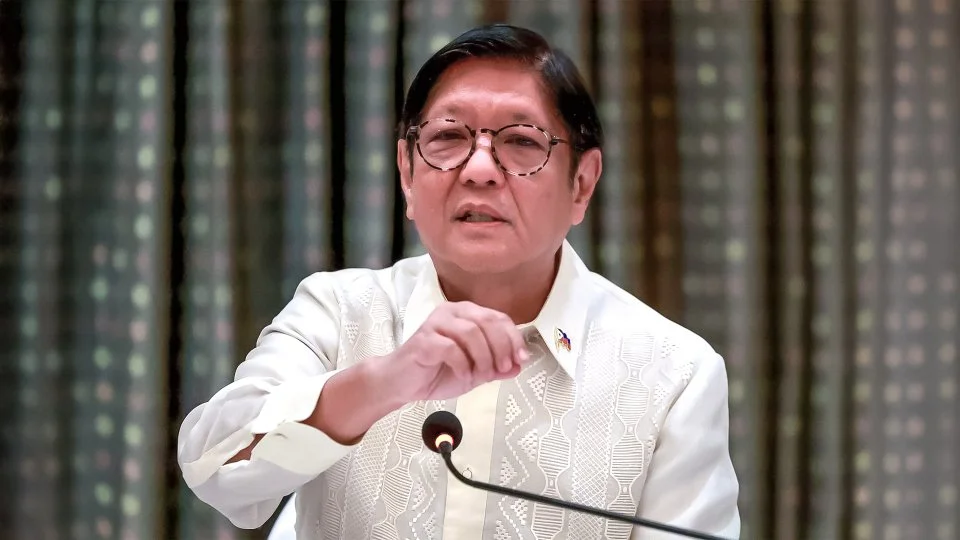COA Upholds Liability of Ex-PCGG Officials Over ₱190-M Marcos Asset Undervaluation
The Commission on Audit (COA) has reaffirmed its ruling holding former Presidential Commission on Good Government (PCGG) Chair Juan Andres Bautista and four other former officials liable for ₱190 million in government losses due to the undervalued sale of sequestered Marcos family properties between 2012 and 2014.
In a 16-page decision, COA denied the appeal filed by the former PCGG officials, upholding the notices of charge (NCs) previously issued against them. The ruling stated that the officials failed to exercise due diligence in the sale of three government-seized properties — the Banaue Inn Compound and JY Campos Compound in Baguio City, and the IRC Mapalad Property in Parañaque City.

Lack of Due Diligence
According to the COA, Bautista, as the approving authority, and the members of the Bids and Awards Committee (BAC) — Nelson Acebo, Ronald Chua, Richard Amurao, and Alfredo Dela Paz — should have ensured that the government did not incur losses during the disposal of the assets.
“As officers responsible for the undervalued selling price of the subject properties, they should be held liable for the under-collection of government revenues,” the COA stated.
The audit body emphasized that the officials’ actions resulted in the sale of properties at prices ranging from 2.64% to 37.36% below the minimum allowable limits set by the COA Technical Services Office (TSO) appraisal.
₱190-Million Disparity
The audit report revealed that the combined estimated value of the three assets was ₱607 million, but they were sold for only ₱417 million, resulting in a ₱190-million shortfall.
Dela Paz and Amurao claimed they based their valuations on the market data approach, comparing sales and listings of nearby properties during the appraisal period. However, COA deemed their explanation insufficient and sustained the 2015 issuance of the NCs.
The commission also dismissed the petitioners’ argument that they were denied due process, emphasizing that they were given ample time and opportunity to respond throughout the proceedings.
COA Questions Sale Validity
In addition to confirming liability, COA questioned the validity of the PCGG’s authority to sell the sequestered Marcos properties, noting that the sale “may not have had prior approval of the Sandiganbayan,” which supervises assets seized from the Marcos family and their associates.
The ruling further stated that the petitioners cannot invoke good faith or presumption of regularity, citing the glaring disparity between COA appraisals and actual contract prices — a clear indicator of negligence resulting in financial loss to the government.
A Lesson on Transparency and Public Trust
The PCGG, created in 1986 to recover ill-gotten wealth from the Marcos regime, has long faced public scrutiny for its handling of sequestered assets. This reaffirmed COA ruling serves as a critical reminder that transparency, accountability, and ethical stewardship are non-negotiable in managing the nation’s wealth.
For the Filipino public — especially those striving for financial literacy and independence — this case also highlights a deeper truth: corruption doesn’t only drain government coffers, it undermines the very economic stability and trust upon which our financial systems depend.
At GME Academy (Global Markets Eruditio), we believe that economic awareness begins with understanding the link between governance integrity and market performance. When institutions protect public resources, currencies strengthen, investor confidence grows, and long-term opportunities flourish for every Filipino.
Let’s build a financially aware and corruption-resistant generation.
Join GME Academy’s FREE Forex Workshop today — and learn how transparency, accountability, and smart financial decisions can strengthen both your wallet and the nation’s economy.
Register now and take your first step toward informed, empowered investing.

